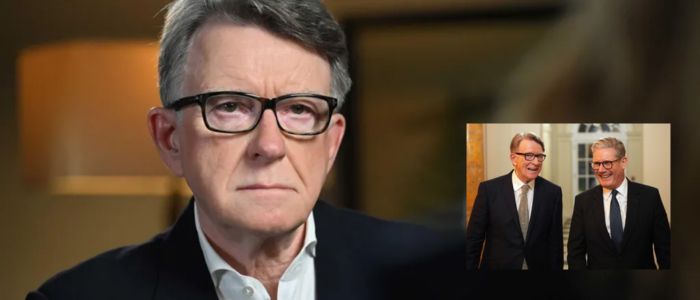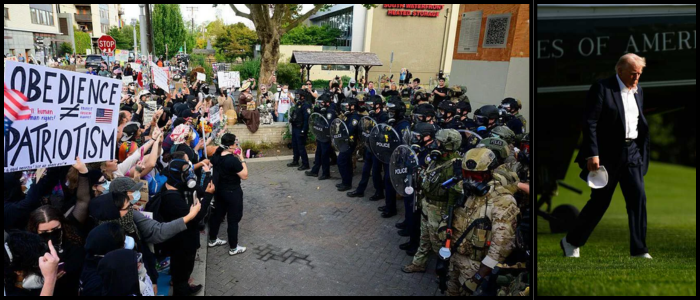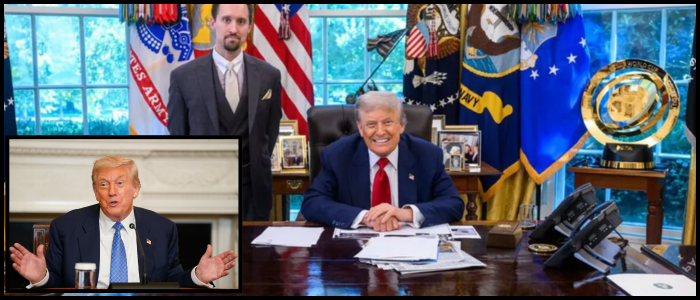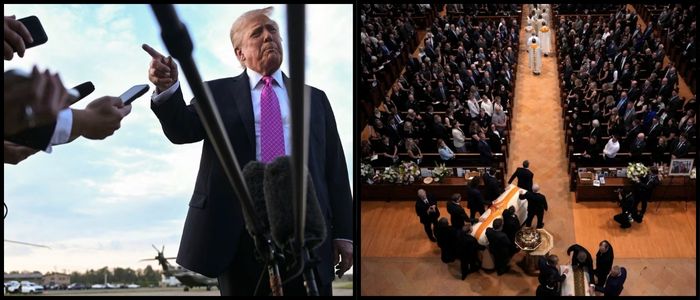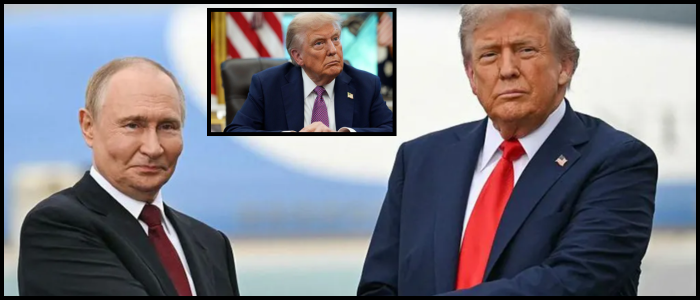He also spoke shortly after senior US officials had emphasised that the strikes were not targeting Iran's leaders. The attacks on Saturday hit three Iranian weapons facilities and aimed to disrupt Tehran's nuclear capabilities. The operation, carried out by the United States using advanced "bunker-buster" bombs, coincided with heated confrontations between Israel and Iran, with both countries accusing the other of carrying out strikes in the Middle East.
Trump's statement appears to be at odds with his own cabinet, with Defence Secretary Pete Hegseth and Vice President JD Vance both indicating that regime change was not the objective. Trump seemed to call that narrative into question though, by saying, "If the U.S. can help make Iran great again, then perhaps there can be a new deal with the Iranian Regime, one that is worthy of the Iranian people." (If the current Iranian Regime is unable to MAKE IRAN GREAT AGAIN, why would it be given the chance to make this deal?) "
Contrasting Views and Consequences for the Military
Trump has frequently condemned U.S. intervention in regime changes abroad, most notably in Iraq, where U.S. forces ousted the government of Saddam Hussein in 2003. Yet his new message sends an unmistakable signal that he has a different view of Iran, even if his former officials are not sure that is what he really intended.
Elliott Abrams, a former US special envoy for Iran under Trump's first administration, dismissed the gravity of Trump's post, saying he could be "kidding around", or trying to distract.
The strikes Saturday came after a week of escalating tensions, ignited by Israel's latest campaign to disable Iran's nuclear program. Both Trump and Israeli Prime Minister Benjamin Netanyahu have suggested that Iran is on the brink of having the "capacity" to produce a nuclear weapon — an accusation Iran denies.
The strikes left the kind of "monumental damage" that Trump described, though the particulars of that damage have not yet been verified. The U.S. violated the pact, and the international nuclear watchdog recently urged a ceasefire to permit inspections of the targeted sites.
Iran's Reaction and Escalating Complementary Turmoil Around the World
Iran angrily denounced the military strikes, and Iran's supreme leader, Ayatollah Ali Khamenei, said there would be "ending consequences." By Monday morning, Israel had reported that Iran had fired missiles at its territory; in retaliation, Israel said it had struck six Iranian airports.
The Pentagon said that with 40,000 US troops in the region, the force had been put on high alert. The US Department of State has issued a global warning advising American citizens to be especially vigilant.
Iran's parliament has meanwhile reportedly approved a bill to close off the Strait of Hormuz, a key waterway that carries about a quarter of the world's energy shipments. A shutdown could have significant global economic effects. US Secretary of State Marco Rubio has called on China to step in and stop such a manoeuvre.
Complicating the geopolitics of the situation, Iran's foreign minister visited Moscow for talks with Russian President Vladimir Putin, saying the two nations faced threats and challenges in common.
Politics
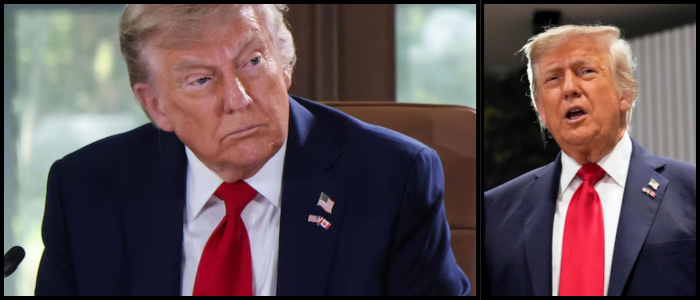
Trump Suggests Regime Change After Iran Strikes

Just days after the US and Israel targeted Iranian nuclear facilities in a bombing that wiped out dozens of Iranian forces, US President Donald Trump has sparked fresh controversy by hinting at regime change in Iran. Trump said in a post on social media on Sunday: "Why would there not be a Regime change??? " — setting off rampant speculation about the US administration's plans.








